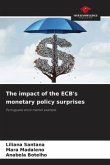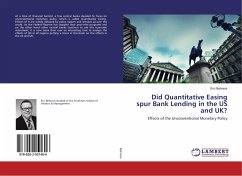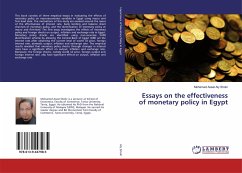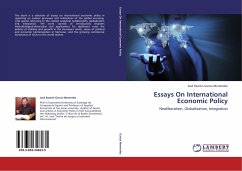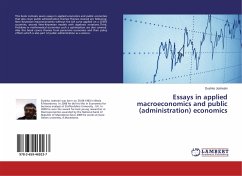Japan economy has experienced the low interest rate environment since 1999. As the authority of monetary policy in Japan, Bank of Japan (BoJ) has implemented several unconventional monetary policy programs to stimulate the real economy since 1999 when the zero lower bound (ZLB) of policy rate became binding and the policy rate lost its function as a policy instrument. Compared with the central banks in other developed economies such as Fed Reserve Board (FRB) or Bank of England (BoE) that started unconventional monetary policy due to the Great Recession from 2007 to 2013 incurred by the 2007-2008 global financial crisis, Bank of Japan has more than 15 years' experience on the implementation of unconventional monetary policy. In this doctoral thesis, unconventional monetary policy in Japan is my main research topic and this topic will be discussed from both empirical and theoretical views. This research will provide some tentative conclusions for the questions such as how we evaluate the policy stance of Bank of Japan, or what the macroeconomic performance would have be if the unconventional monetary policy hadn't been implemented.
Bitte wählen Sie Ihr Anliegen aus.
Rechnungen
Retourenschein anfordern
Bestellstatus
Storno


